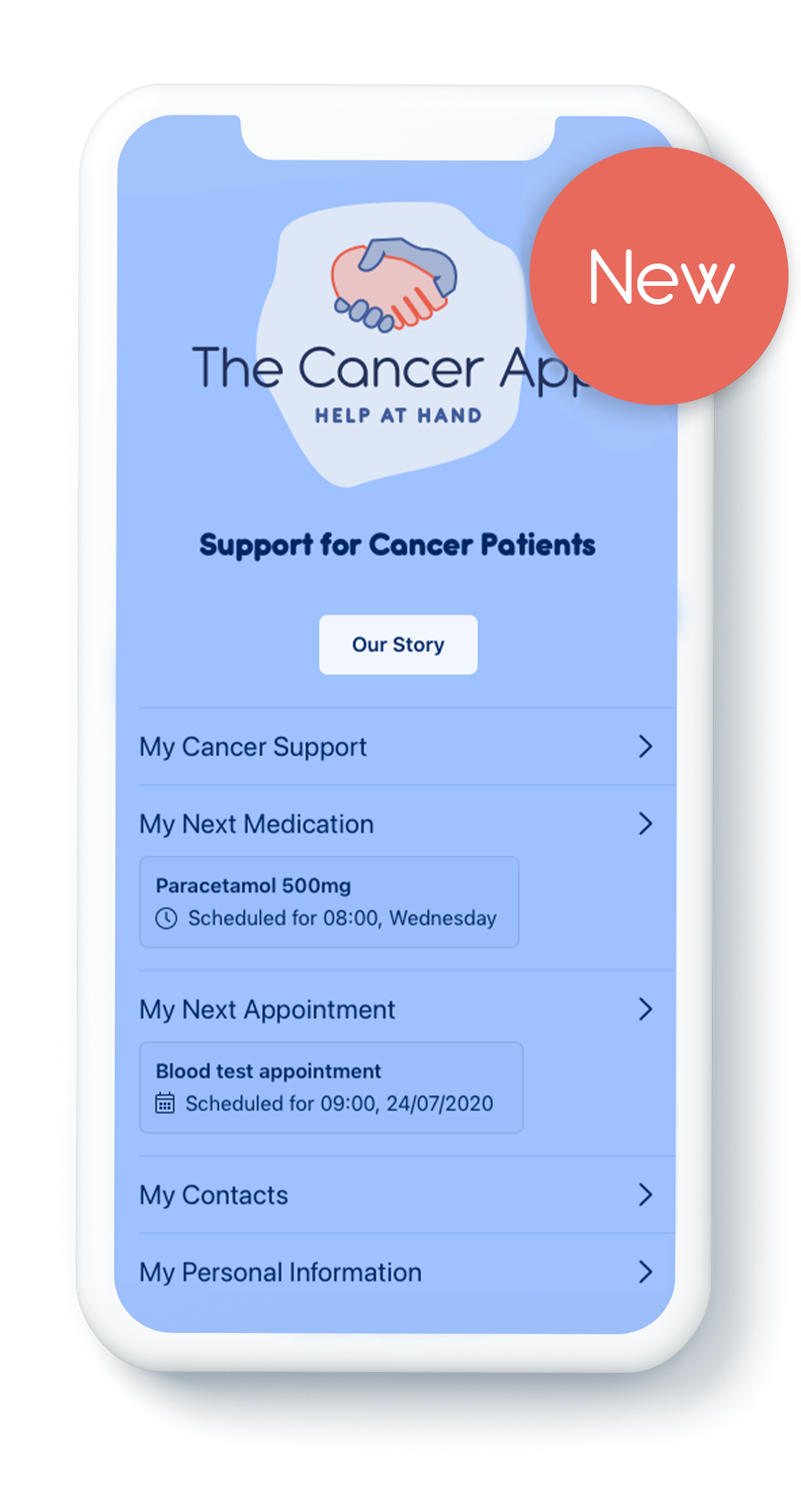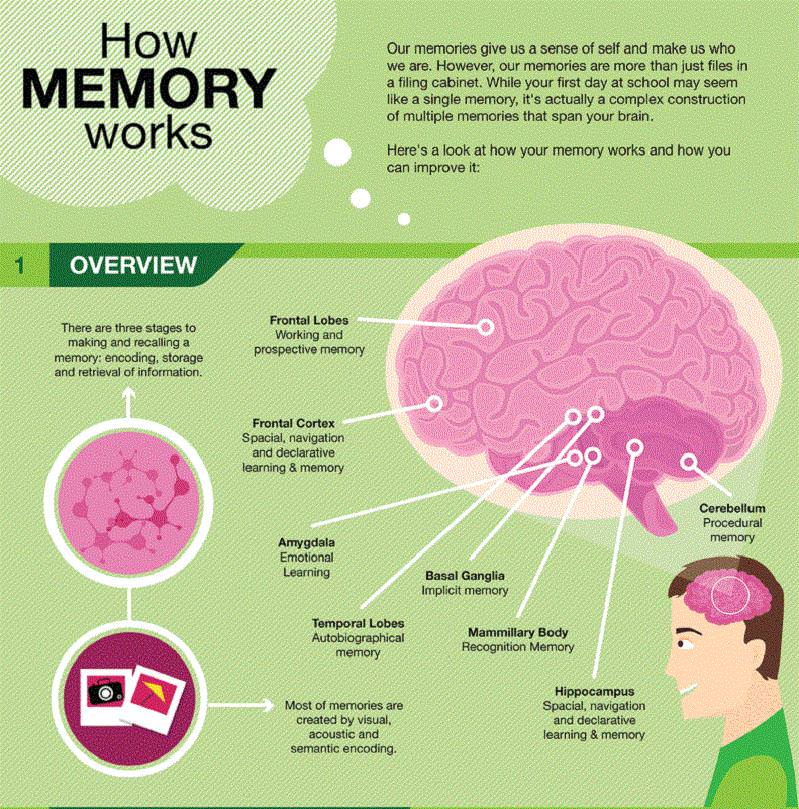Healthcare apps for cancer patients are revolutionizing the way individuals manage their treatment and recovery journeys. Designed with advanced algorithms to provide real-time personalized support, these cancer patient apps empower users by continuously adapting to their unique needs. Utilizing cutting-edge AI in healthcare, these tools engage users with interactive features, like reminders for medication adherence and emotional encouragement in times of distress. In particular, adaptive intervention apps are transforming stem cell transplant support, ensuring patients receive tailored guidance and motivation throughout their recovery process. By leveraging technology, these innovative solutions not only track progress but also foster a sense of community, ultimately enhancing the overall wellbeing of cancer patients.
Innovative digital solutions are emerging to enhance the experience of individuals battling cancer, often referred to as personalized health apps. These healthcare applications now serve as essential tools for cancer patients, helping them navigate the challenges of treatment and recovery with tailored support strategies. The integration of artificial intelligence significantly boosts the efficacy of these platforms, as they can actively learn from user interactions to refine their responses. As such, apps designed for patients undergoing stem cell therapy provide crucial assistance to both individuals and their caregivers, establishing a vital support network. By shifting towards a more adaptable approach in health management, these applications are truly redefining patient care.
The Importance of Personalized Healthcare Apps
In today’s digital age, personalized healthcare apps are becoming crucial for patients managing chronic illnesses, including cancer. Unlike generic health applications, these tailored solutions utilize advanced algorithms to customize care based on individual patient needs. This reflects a growing understanding among healthcare providers and developers that one-size-fits-all approaches can lead to suboptimal outcomes, as every patient has unique circumstances affecting their health management. By employing AI in healthcare, personalized health apps can analyze patient data in real-time, adjusting recommendations and interventions to ensure better adherence to treatment protocols.
For cancer patients, particularly those undergoing intensive treatment or stem cell transplantation, personalized healthcare apps can be a game-changer. They not only track medication schedules and manage side effects, but they also provide emotional support, connecting users with resources and communities facing similar challenges. This personalization leads to increased engagement, which is essential for adherence rates. With a proper focus on the users’ needs, these apps can significantly enhance the quality of life during tough treatment phases.
Healthcare Apps for Cancer Patients: A New Era of Support
Healthcare apps specifically designed for cancer patients are revolutionizing how individuals navigate their treatment journey. These specialized applications offer a range of functionalities from medication reminders to nutritional advice tailored to a cancer patient’s condition. For instance, the upcoming ADAPTS HCT app is set to provide critical medication management support for stem cell transplant patients, ensuring they adhere to complex regimens while minimizing side effects. This targeted approach was developed with input from cancer clinicians and behavioral scientists, emphasizing the need for a dedicated support system for patients and their caregivers.
Moreover, these healthcare apps also incorporate features that focus on the holistic well-being of users, addressing their emotional and social needs. By fostering a sense of community through platforms that allow users to share experiences and support each other, patients feel less isolated during their treatment. This social aspect of healthcare applications can significantly improve mental health during a challenging time. Furthermore, the integration of reinforcement learning algorithms ensures that the support provided is adaptable and relevant, paving the way for a future where technology and personalized care go hand in hand.
Harnessing AI in Cancer Care Management
The integration of artificial intelligence in healthcare has the potential to transform cancer care management dramatically. AI-driven applications utilize data analytics to provide insights that were previously unattainable, enabling cancer patients to receive customized interventions based on their health status and responses to treatments. For instance, machine learning algorithms can predict periods when patients are most likely to forget medication doses or experience symptoms that require reporting, thus preemptively addressing these issues. This kind of proactive healthcare management can lead to much better adherence and health outcomes.
In addition, AI in healthcare offers a powerful tool for improving the interaction between patients and their healthcare teams. By analyzing trends from user interactions, these apps can identify when a patient might need additional support or when they might be at risk of side effects. This facilitates timely interventions from both healthcare providers and caregivers, enhancing the overall treatment experience. As we move towards a more data-driven approach to cancer care, the synergy between AI technologies and human oversight will be crucial in personalizing treatment and improving patient outcomes.
Navigating the Challenges of Adaptive Intervention Apps
Adaptive intervention apps represent an exciting innovation in healthcare, particularly for chronic illness management. These applications are designed to continuously learn from user interactions, allowing for a truly personalized experience that can adapt to the needs of patients over time. For cancer patients, adapting support based on real-time feedback can optimize adherence to medication and promote healthier lifestyle choices. The goal is not only to provide information but to create an interactive experience that fosters engagement and instills motivation in patients who may feel overwhelmed by their diagnosis.
However, the development of adaptive intervention apps is not without its challenges. Technical hurdles, such as ensuring data privacy and accuracy, remain significant concerns as developers work to create seamless, user-friendly experiences. Moreover, the psychological aspects of user engagement must also be considered—how can we ensure that notifications are supportive rather than intrusive? Striking this balance is key to creating efficient applications that truly benefit users without overstepping boundaries, particularly in sensitive health contexts.
Enhancing Caregiver Support Through Technology
In cancer care, the role of caregivers is often just as crucial as that of healthcare providers. Many family members find themselves in caregiving roles, managing medications and monitoring health outside of clinical settings. Innovative applications are being developed to provide these caregivers with the necessary tools to support both themselves and their loved ones more effectively. By integrating features that allow caregivers to monitor their patient’s progress and receive alerts for medication schedules, technology directly alleviates some of the burdens they face.
Moreover, caregiver support apps can foster communication between families and healthcare teams, making it easier to share updates and concerns. This streamlined communication can prevent miscommunication and ensure that caregivers feel more equipped to address challenges proactively. Programs that encourage caregivers to engage not only with technology but also with support networks can create a more robust support system overall, which is vital in navigating the complexities of cancer care.
The Future of Healthcare Apps for Chronic Illness Management
As technology continues to evolve, the future of healthcare apps for chronic illness management looks promising. Innovations like AI-driven algorithms, real-time data analysis, and personalized health interventions will become standard features in applications designed for diverse chronic conditions, including cancer. Healthcare providers and technology companies are collaborating to create more efficient solutions targeting specific patient needs. By developing an ecosystem where patients can monitor their health seamlessly, this approach aims to empower individuals to take control of their health journeys.
With a focus on continuous improvement and adaptation, these healthcare apps can significantly enhance the user experience by delivering timely, relevant, and helpful interventions tailored to users’ evolving circumstances. As we move forward, addressing the gaps in digital healthcare tools will be essential for ensuring equitable access to these innovative solutions, ultimately improving health outcomes for everyone, especially cancer patients who need tailored support.
Understanding User Experience in Healthcare Apps
User experience (UX) plays a critical role in the adoption and effectiveness of healthcare apps. A well-designed app can significantly enhance user engagement, while a poor design can lead to frustration and abandonment. This is particularly important in the context of cancer patient apps, where users are often navigating complex treatment protocols and may already be feeling overwhelmed. Developers must prioritize UX to ensure that users can easily access the information and support they need without unnecessary hurdles.
Incorporating user feedback into the app development process is essential for creating products that align with patient needs. By understanding the specific challenges faced by cancer patients, app developers can design features that genuinely enhance their care experience, such as intuitive navigation, easy access to educational resources, and straightforward medication management tools. Ultimately, a user-centered approach leads to better health outcomes, as users are more likely to engage with and utilize apps that resonate with their experiences and challenges.
Leveraging Data for Improved Health Outcomes
The role of data in improving health outcomes has become increasingly prominent, particularly in managing chronic conditions like cancer. Advanced analytics are being employed to track patient behaviors, treatment responses, and overall health metrics, enabling a more targeted approach to care. By leveraging data insights, healthcare apps can provide timely interventions that are tailored to individual patient profiles, enhancing the likelihood of adherence and positive outcomes.
Furthermore, collecting and analyzing data over time helps to identify patterns and trends that can inform the development of more effective treatment protocols. Insights gained from user engagement can lead to improved communication strategies and more relevant support features in healthcare apps. Such data-driven developments are paving the way for a more personalized approach to cancer care, where technology serves as an ally in the fight against this challenging disease.
The Role of Collaboration in App Development
Collaborative efforts between researchers, healthcare providers, and technology developers are critical in creating effective healthcare apps. By pooling their expertise, these stakeholders can ensure that apps are not only technologically sound but also clinically relevant. This multidisciplinary approach is particularly important for cancer patient apps, where understanding patient needs and clinical nuances can significantly impact the efficacy of an application.
Involving end-users in the development process through user testing and feedback sessions can further enhance the relevance and usability of healthcare applications. This ongoing collaboration leads to iterative improvements that align features with what patients and caregivers actually find useful. As we look to the future of healthcare apps, these partnerships will be key in driving innovation and ensuring that solutions are not only high-tech but also high-touch, addressing the emotional and practical needs of their users.
Frequently Asked Questions
What are healthcare apps for cancer patients?
Healthcare apps for cancer patients are mobile applications designed to assist individuals diagnosed with cancer by providing personalized health monitoring, medication reminders, and emotional support. These apps often utilize artificial intelligence (AI) to adapt to the specific needs of users, improving treatment adherence and overall well-being.
How can cancer patient apps improve medication adherence?
Cancer patient apps improve medication adherence by employing just-in-time adaptive interventions that send timely reminders and motivational prompts tailored to each patient’s behavior and preferences. The use of reinforcement learning algorithms helps these apps adapt their strategies based on past interactions, making them more effective in ensuring patients stick to their medication regimens.
What role does AI in healthcare play for cancer patients?
AI in healthcare plays a crucial role for cancer patients by enabling the development of personalized health apps. These apps analyze patient data to provide customized recommendations for treatment, manage side effects, and facilitate communication with caregivers, ultimately enhancing the patient’s recovery experience.
How does stem cell transplant support integrate healthcare apps?
Stem cell transplant support integrates healthcare apps by providing tools that help both patients and caregivers manage medications, track symptoms, and communicate effectively. These apps can personalize support based on individual needs and adjust strategies as recovery progresses, promoting a better quality of life during a challenging recovery period.
What features do adaptive intervention apps offer for cancer management?
Adaptive intervention apps for cancer management offer features such as real-time health monitoring, customized medication reminders, motivational messaging, and social support tools. By using algorithms that learn from user interactions, these apps can adjust their interventions to suit the changing needs of cancer patients, ensuring they receive the right support at the right time.
Can personalized health apps benefit caregivers of cancer patients?
Yes, personalized health apps benefit caregivers of cancer patients by providing them with resources to manage treatment schedules, monitor patient symptoms, and receive reminders for medications and appointments. These apps can also facilitate communication and coordination of care, enhancing the overall support system for both patients and their caregivers.
What is the purpose of just-in-time adaptive intervention for cancer patients?
The purpose of just-in-time adaptive intervention for cancer patients is to deliver personalized support precisely when it is needed, based on real-time assessments of their health and psychological status. This approach ensures that patients receive relevant prompts and information that helps them manage their condition effectively, improving treatment outcomes.
How can cancer patient apps foster social support?
Cancer patient apps can foster social support by incorporating features such as shared progress tracking with caregivers or peers, communication tools for providing encouragement, and interactive games that promote engagement between patients and their support systems. This collaborative approach helps build a sense of community and reduces feelings of isolation during treatment.
What are the key benefits of using healthcare apps for cancer patients?
The key benefits of using healthcare apps for cancer patients include improved medication adherence, personalized health management, real-time support, enhanced communication with caregivers, and access to educational resources about their condition. These tools empower patients to take an active role in their treatment journey, ultimately leading to better health outcomes.
| Key Points | Details |
|---|---|
| Smart Apps for Cancer Care | New cancer patient apps utilize reinforcement learning algorithms to personalize treatment support. |
| Challenges in Medication Compliance | Over 70% of cancer patients struggle with medication adherence due to side effects and complexity. |
| Just-in-Time Adaptive Intervention | Adapt interventions in real-time based on patients’ changing needs, optimizing support delivery. |
| Family Involvement in Care | Many primary caregivers manage medications, highlighting the need for supportive apps. |
| Engagement through Social Support | Apps include elements like games that enhance patient-caregiver collaboration. |
| Ongoing Research and Trials | Trials underway for apps tailored for stem-cell transplant patients and cannabis users. |
Summary
Healthcare apps for cancer patients represent a revolutionary step towards personalized medical care. These innovative applications leverage advanced algorithms to create a tailored support system that adapts to individual patient needs. By enhancing medication adherence and providing tools for better management of health concerns, these apps not only support patients but also involve their caregivers effectively. As technology continues to evolve, healthcare apps promise to enhance the quality of life for cancer patients, making recovery a more manageable journey.



